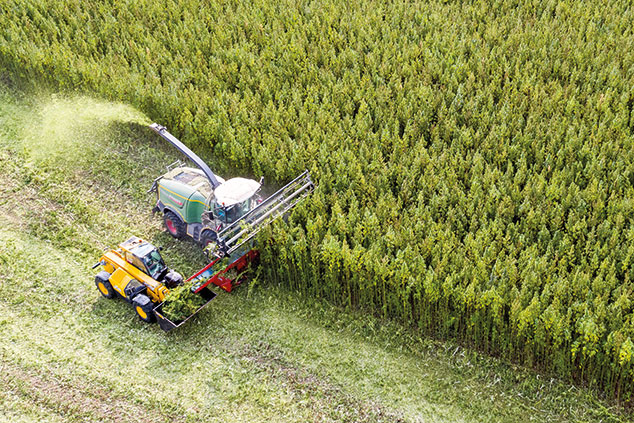
Cannabis was added to the United Nations’ Single Convention on Narcotic Drugs in 1961. Since then it has been illegal in most of the world. US president Richard Nixon declared a “war on drugs” a decade later, reinforcing the notion that cannabis was a dangerous illicit substance; virtually every American president has followed suit. But now the prohibitionists are in retreat. The last few years have seen liberalisation spread throughout the West and beyond, spearheaded by a growing acceptance in the medical community that cannabis can be used to treat an increasing number of ailments.
In 1978, New Mexico became the first US state to recognise the medical value of cannabis, passing a law that began allowing the limited use of the drug for medical purposes. In 1990 Marinol – a form of synthetic THC (the psychoactive ingredient in cannabis) administered orally – was approved in limited form by the federal government for the treatment of nausea in cancer patients.
A slow start
However, it wasn’t until 1996 that California became the first US state to fully legalise “medical marijuana”. Since then, the use of cannabis for medical purposes has been brought within the law in 33 US states, plus the District of Columbia. Outside America, medicinal cannabis has been legalised in at least 30 countries. Europe leads the way, through Germany, Italy, Denmark, the Netherlands, Poland, Switzerland and several others. Australia legalised medicinal use in 2016. Since November 2018, medical use has technically been legal in the UK, too. However, the change in legislation was triggered by some very specific high-profile cases, including those of Billy Caldwell and Alfie Dingley. The rules do not go as far as medical-use laws in other countries. Cannabis-based drugs are available as unlicensed medicines prescribed by certain approved medical professionals in very specific cases where the clinical need cannot be met by existing licensed medicines.
The only exception is Sativex, a common cannabis-derived drug produced by the UK’s GW Pharmaceuticals to alleviate many of the symptoms of multiple sclerosis. But as medical use becomes established in other countries, and public opinion shifts in line with the global trend, it’s reasonable to expect medical cannabis will become more widely available here, too.
From medical to recreational use
Many governments also seem to be coming round to the idea that cannabis can be safely used for recreational purposes. Several countries, notably Portugal, have decriminalised possession of small amounts or turned an official blind eye, as in the Netherlands. Uruguay became the first state to legalise recreational cannabis use at a national level in 2005 – although it is only possible to buy it from state-licensed pharmacies, of which there are few. The pace of change has slowed, however, as the country’s current president, Tabaré Vázquez, is reportedly no big fan of recreational use. A further problem in Uruguay is that banks are reluctant to provide financial services to cannabis businesses as a result of laws in the US which prevent American banks dealing with businesses that facilitate drug trafficking.
“At least 30 countries outside the US and 33 American states have legalised cannabis for medical purposes”
Mexico is reported to be considering legalising pot for recreational use. In 2020, New Zealand will hold a referendum on the move; a poll in the New Zealand Herald suggests that 60% of the population are in favour. And in Europe, Luxembourg could become the first country in Europe to fully legalise recreational use for its 400,000 adult residents after the government said it would introduce legislation within the next five years.
Subscribers can read it in the digital edition or app